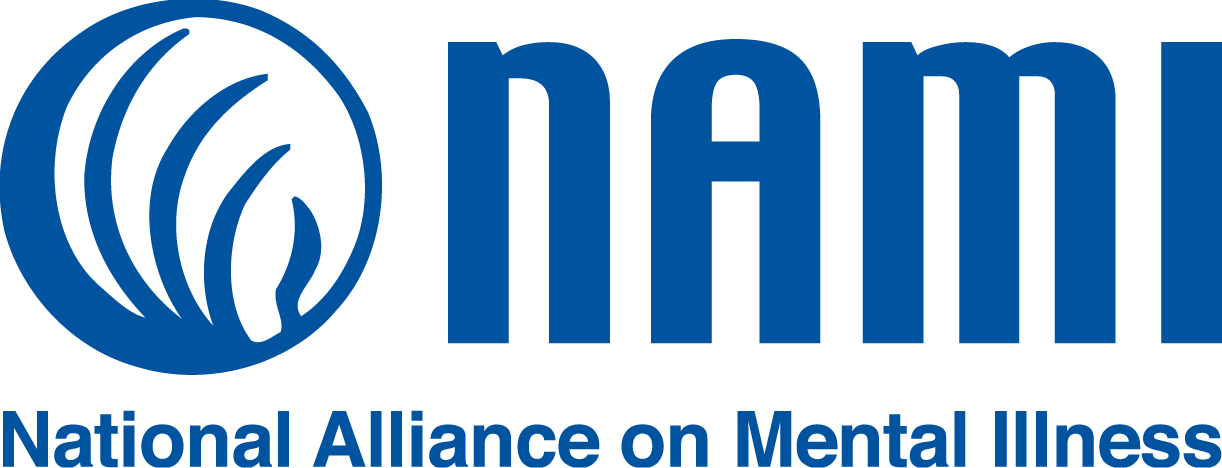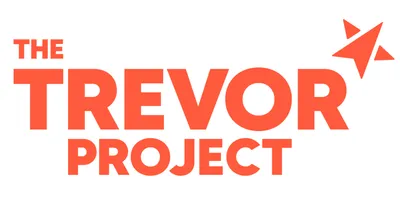Get help now
Who to call or text
| Resource | Contact |
|---|---|
|
Resource
988 Suicide and Crisis Lifeline
Press 1 for Veterans, Press 2 for Spanish
|
Contact
Call 988
|
|
Resource
Crisis Text Line
|
Contact
Text HOME to 741741
|
|
Resource
In a life or death medical emergency, call 911
If someone is injured or their health is in danger, call 911. If appropriate, ask the operator to send someone trained in mental health, like Crisis Intervention Training (CIT) officers.
|
Contact
Call 911
|
What to do in a mental health crisis
Someone who is going through a mental health crisis may not be able to function the way they usually do, and they may be a threat to themselves and others.
1. Assess the situation
First you need to figure out how severe and urgent the crisis is. Ask yourself:
- Are one or more people in danger of getting hurt?
- Is emergency assistance needed?
- Is there time to call for outside help?
2. Reduce risk of danger
If someone is injured or their health is in danger, call 911. If appropriate, ask the operator to send someone trained in mental health, like Crisis Intervention Training (CIT) officers.
If you’ve assessed a crisis is happening, your first goal must be to create a safe space for anyone who could be in harm’s way. Do your best to make items such as drugs, sharp objects, guns, belts and ropes, vehicles and heavy machinery out of reach.
3. Stay calm and de-escalate
If someone you know is going through a crisis, you may be able to de-escalate it yourself by remaining calm and empathetic. According to the National Alliance on Mental Illness (NAMI) you should:
- Keep your voice calm
- Avoid overreacting
- Listen to the person
- Express support and concern
- Avoid continuous eye contact
- Ask how you can help
- Keep stimulation level low
- Move slowly
- Offer options instead of trying to take control
- Avoid touching the person unless you ask permission
- Be patient
- Gently announce actions before initiating them
- Give them space, don’t make them feel trapped
- Don’t make judgmental comments
- Don’t argue or try to reason with the person
4. Get outside assistance
Sometimes folks in a crisis aren’t able to communicate their needs, or won’t be receptive to de-escalation. If that’s the case, call 911 or one of the emergency resources listed above to get professional, immediate crisis intervention help.
Recommended Resources
-
Helpline
24-hour Deaf Crisis Line | DeafLEADDeafLEAD is a non-profit agency that provides 24-hour crisis intervention, advocacy, case management, interpreting and mental health services to Deaf, hard of hearing, DeafBlind, and late-deafened individuals who are victims of crime and their families, as well as support to individuals, agencies, and organizations providing victim services to individuals with a hearing loss. -
Helpline | Text line
Disaster Distress Helpline (DDH)The Disaster Distress Helpline (DDH) is the first national hotline dedicated to providing year-round disaster crisis counseling. This toll-free, multilingual, crisis support service is available 24/7 to all residents in the U.S. and its territories who are experiencing emotional distress related to natural or human-caused disasters. DDH callers can connect with counselors in over 100 languages via 3rd-party interpretation services. -
Helpline | Text line | Online Live Chat
TREVOR line | The Trevor ProjectConnect to a crisis counselor 24/7, 365 days a year, from anywhere in the U.S. It is 100% confidential. Call us at 1-866-488-7386, text 'START' to 678-678, or message using online livechat. -
Helpline
Veterans Crisis LineAre you a veteran in crisis, or a veteran's family or friend? The Veterans Crisis Line provides 24/7, confidential support via call, text, or online livechat. You don't have to be enrolled in VA benefits or health care to call. -
Online interactive tool(s)
Suicide prevention interventions and treatments | American Foundation for Suicide PreventionAmerican Foundation for Suicide Prevention offers online resources and many helpful approaches for individuals and their loved ones, when someone is in distress or at risk for suicidal behavior. Interventions and treatments have been developed in recent years for individuals who are experiencing suicidal thoughts or who have made a suicide attempt. -

Helpline | Text line | Online Live Chat
NAMI HelpLine | National Alliance on Mental Illness (NAMI)During this difficult time, the NAMI HelpLine is here for you. HelpLine volunteers are working to answer questions, offer support and provide practical next steps. The NAMI HelpLine can be reached Monday through Friday, 10 a.m. – 10 p.m., ET. Call 1-800-950-NAMI (6264), text "HelpLine" to 62640 or email us at helpline@nami.org.


